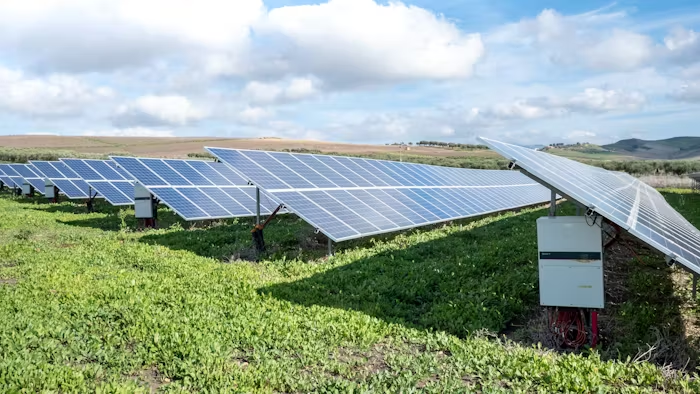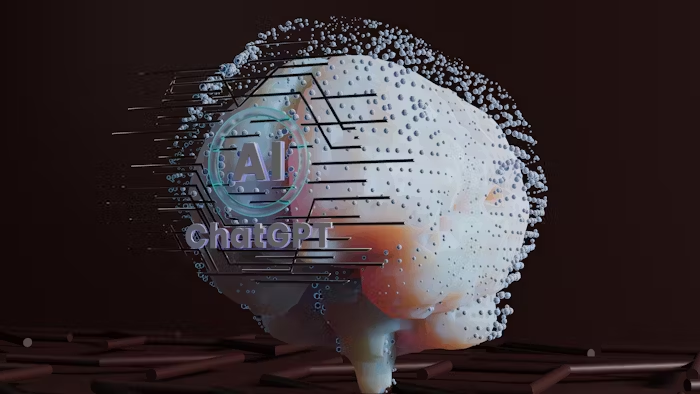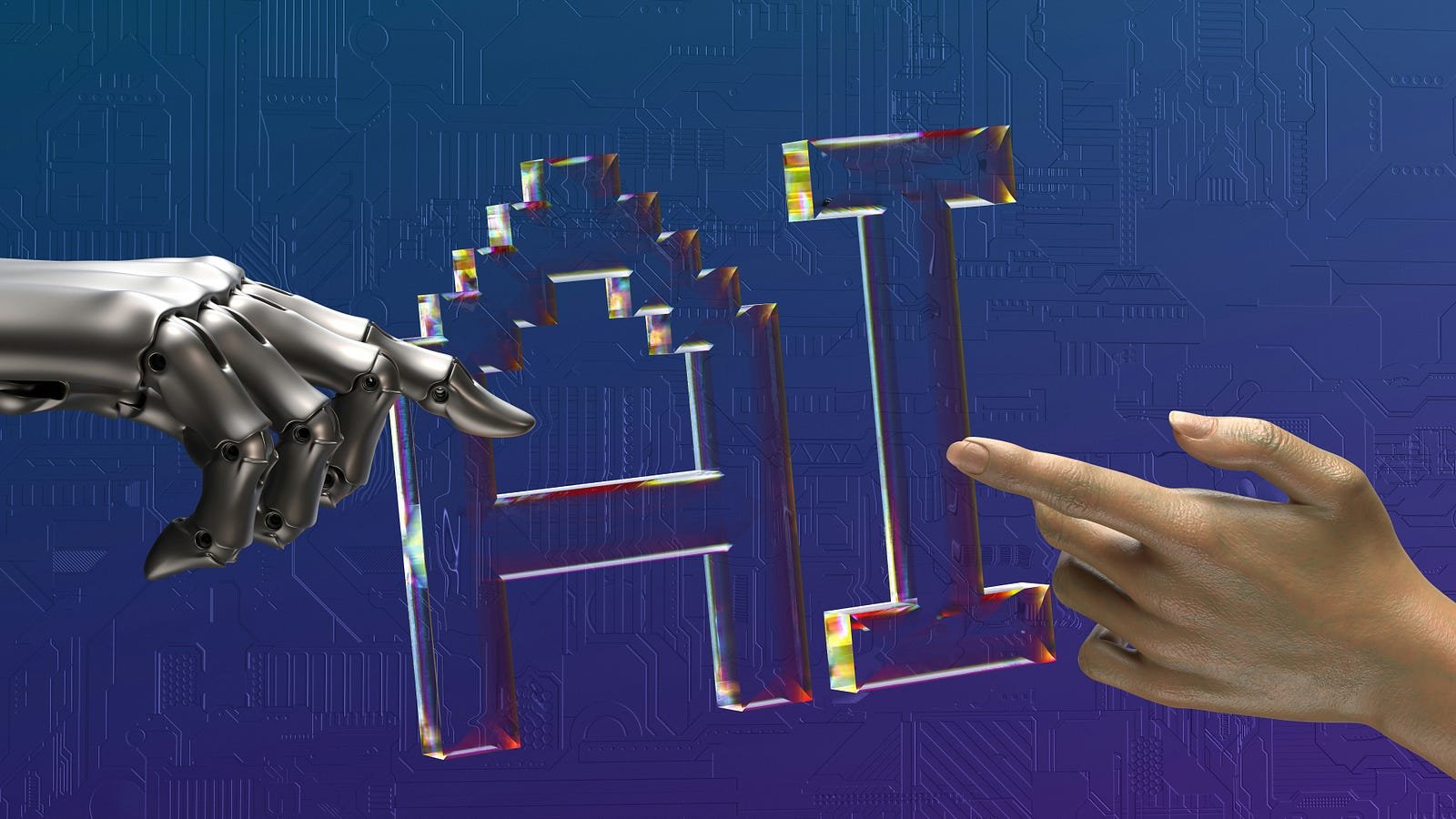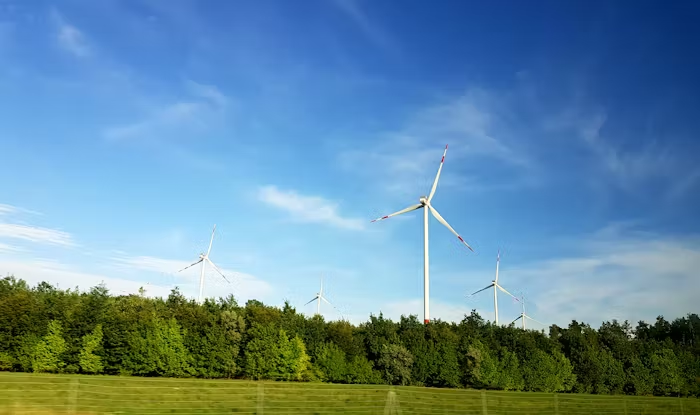Artificial Intelligence (AI) is no longer a futuristic concept — it’s here, shaping the world we live in. From autonomous vehicles to AI-powered chatbots, AI technologies are transforming every sector of the economy. But with these advancements comes the question: How is AI impacting jobs and the broader economy? This article dives into the effects AI is having on employment, economic growth, and future job markets.
We’ll explore the positive and negative sides of AI’s influence, providing insights into how workers and businesses can adapt to this rapidly changing landscape.

How AI is Shaping the Job Market
AI is creating new opportunities, but it’s also displacing certain types of jobs. As automation and machine learning algorithms become more capable, they’re changing the way industries operate, often replacing tasks once performed by humans. However, this shift doesn’t mean that all jobs are disappearing; rather, the nature of work is evolving.
1. Job Creation Through AI Innovation
AI may be replacing some jobs, but it’s also creating many new roles. These new positions often require more advanced skills, such as data science, AI programming, and machine learning engineering. For example:
AI Specialists and Engineers: With the rise of AI, there is a growing demand for AI researchers, engineers, and data scientists who can develop and manage AI systems.
AI Trainers: AI systems need human input to teach them how to interpret data correctly. AI trainers are responsible for feeding AI algorithms with labeled data, enabling them to learn and make predictions.
Example: As AI continues to transform healthcare, the demand for medical data analysts, AI-driven diagnostic tool developers, and healthcare IT professionals is skyrocketing.
2. AI and Automation: The Impact on Traditional Jobs
On the flip side, AI and automation technologies are automating repetitive, mundane tasks across industries. This includes jobs in manufacturing, retail, and even customer service. Many tasks that were previously time-consuming for humans can now be executed more efficiently by AI systems.
Examples of affected jobs include:
Manufacturing Line Jobs: Robots and AI systems can now assemble products faster and with more precision, reducing the need for human workers in certain roles.
Customer Service: AI chatbots and virtual assistants can handle customer inquiries, troubleshoot issues, and process transactions — cutting the need for large call center teams.
Stats: According to McKinsey & Company, up to 800 million jobs worldwide could be displaced by automation by 2030, though many of these jobs will be replaced by new AI-driven roles.
Economic Impacts of AI: Efficiency Gains and Challenges
1. AI and Economic Growth
One of the most significant benefits AI brings to the economy is increased productivity. By automating repetitive tasks, businesses can focus on innovation, allowing employees to work on higher-value activities that drive growth. This efficiency boost can lead to:
Higher output: Businesses that adopt AI technologies can produce more goods or services at lower costs.
Increased profitability: Cost savings from automation, combined with more precise decision-making through AI-driven insights, often result in improved profit margins.
For example, AI-powered tools in the finance sector are helping analysts process vast amounts of financial data at speeds unimaginable for humans, leading to smarter, quicker investments.
2. Redefining Skillsets and Workforce Adaptation
While AI creates new jobs, it also demands that workers adapt to new skills. Traditional job roles are being redefined, with a focus on high-skill, high-value positions. This is creating a skills gap in many regions, as workers are not always equipped with the necessary technical knowledge to fill new roles.
Key skill sets in demand:
Data analysis and interpretation: The ability to analyze and interpret large data sets is essential in an AI-driven economy.
AI and machine learning expertise: AI professionals who can design, develop, and maintain AI systems are in high demand.
Soft skills: Even in an AI-dominant world, human-centric skills like creativity, leadership, and emotional intelligence remain valuable. These skills complement the precision of AI.
3. Economic Inequality and Job Displacement
A downside to AI’s impact on jobs is its potential to increase economic inequality. Highly skilled workers who can adapt to new technologies are more likely to thrive, while those in lower-skill jobs might face unemployment or wage stagnation. This disparity can widen the wealth gap between different regions, industries, and demographics.
Example: Lower-wage workers in manual labor industries, like retail and warehousing, might struggle to find new opportunities in the AI-driven economy. Conversely, workers in tech, finance, and healthcare are more likely to see wage increases as demand for their expertise grows.
AI and Job Security: Can We Prepare for the Future?
1. Reskilling and Upskilling the Workforce
As AI continues to evolve, reskilling and upskilling will be essential to ensuring that workers can transition into the new economy. Companies and governments are already investing in programs designed to help individuals acquire new skills and stay competitive in an AI-driven world.
Popular reskilling strategies include:
Online courses and boot camps: Platforms like Coursera, edX, and Udemy offer specialized AI, data science, and programming courses.
Corporate training programs: Many companies are implementing in-house AI and machine learning training to equip their employees with the skills necessary to work alongside AI systems.
2. AI’s Role in Creating Inclusive Economic Opportunities
While AI can increase job displacement, it can also open doors for underserved populations. AI-powered platforms can facilitate remote work, provide online education, and connect individuals in developing economies to global markets.
For instance, AI is used in financial inclusion initiatives to help unbanked individuals access banking services through mobile apps, allowing them to participate more fully in the global economy.
The Future Outlook: Embracing the AI Economy
As AI continues to make inroads in various industries, it will undoubtedly have profound effects on both jobs and the broader economy. While some jobs will be lost, many more will be created, and existing roles will be reshaped to incorporate new technologies. The key to successfully navigating this AI-driven future lies in adaptability.
Key Takeaways:
AI will continue to create new high-skill jobs, especially in tech, healthcare, and finance.
AI is automating routine, manual tasks, potentially displacing certain job roles.
Economic growth will increase as businesses adopt AI, improving productivity and profitability.
Reskilling the workforce and fostering collaboration between governments, businesses, and educational institutions will be essential for minimizing economic inequality.
Preparing for the AI Revolution
The impact of AI on jobs and the economy is undeniably transformative. While AI will automate many tasks, it will also pave the way for new opportunities and industries. By embracing AI and prioritizing skills development, businesses and workers can navigate this evolution and thrive in an AI-powered world.
Are you ready for the future? As the economy continues to adapt to AI, it’s essential for workers and businesses to prepare for the inevitable changes. Stay informed and take action today to ensure you’re not left behind.










